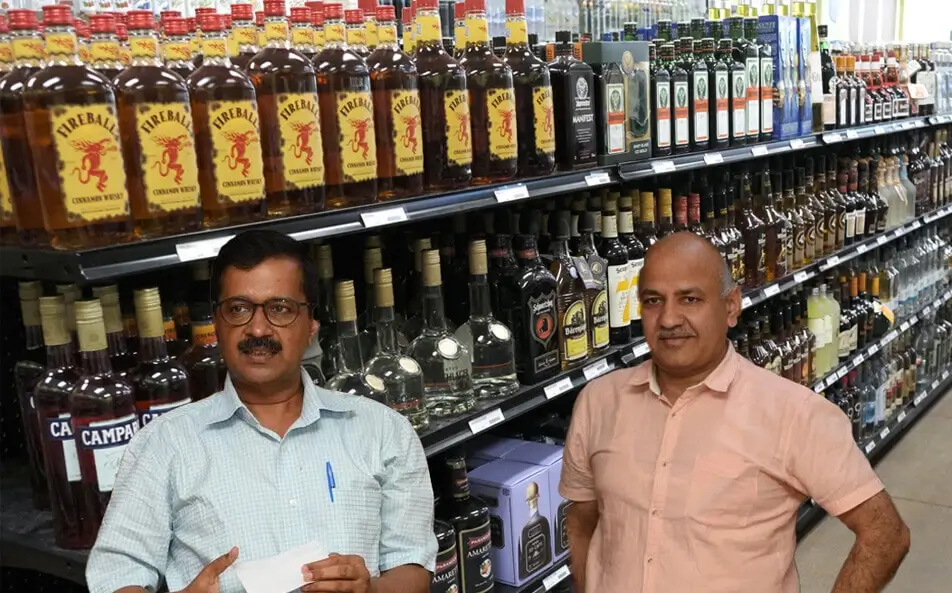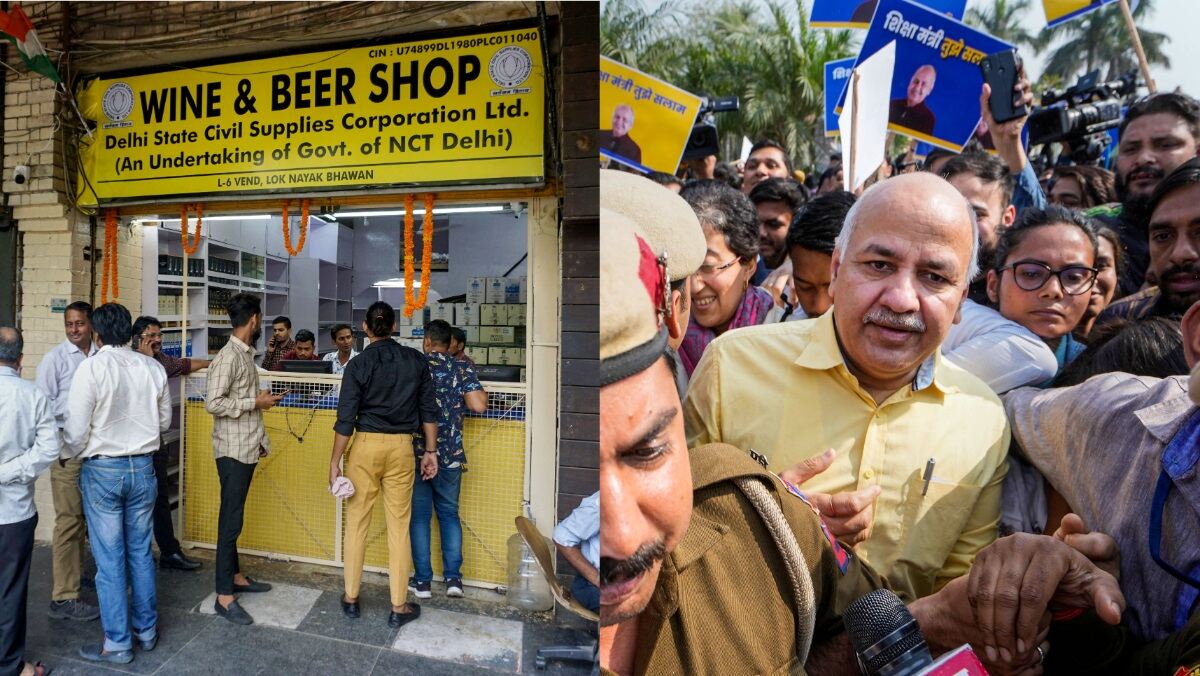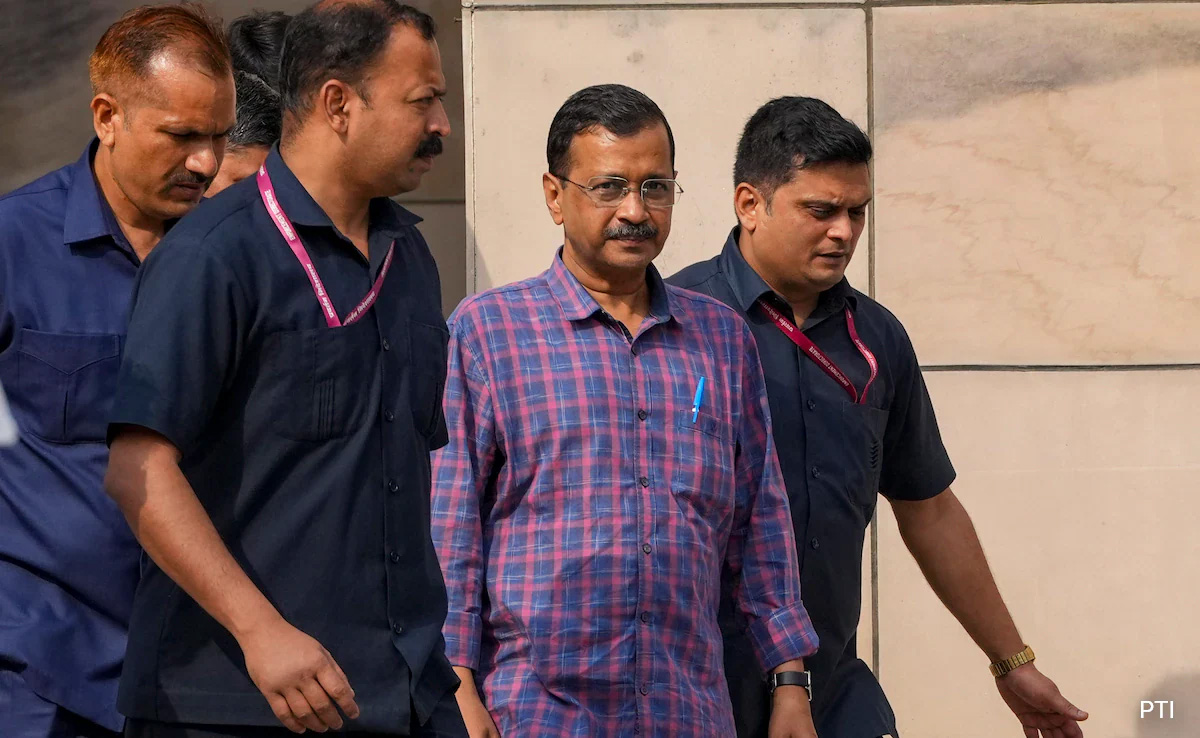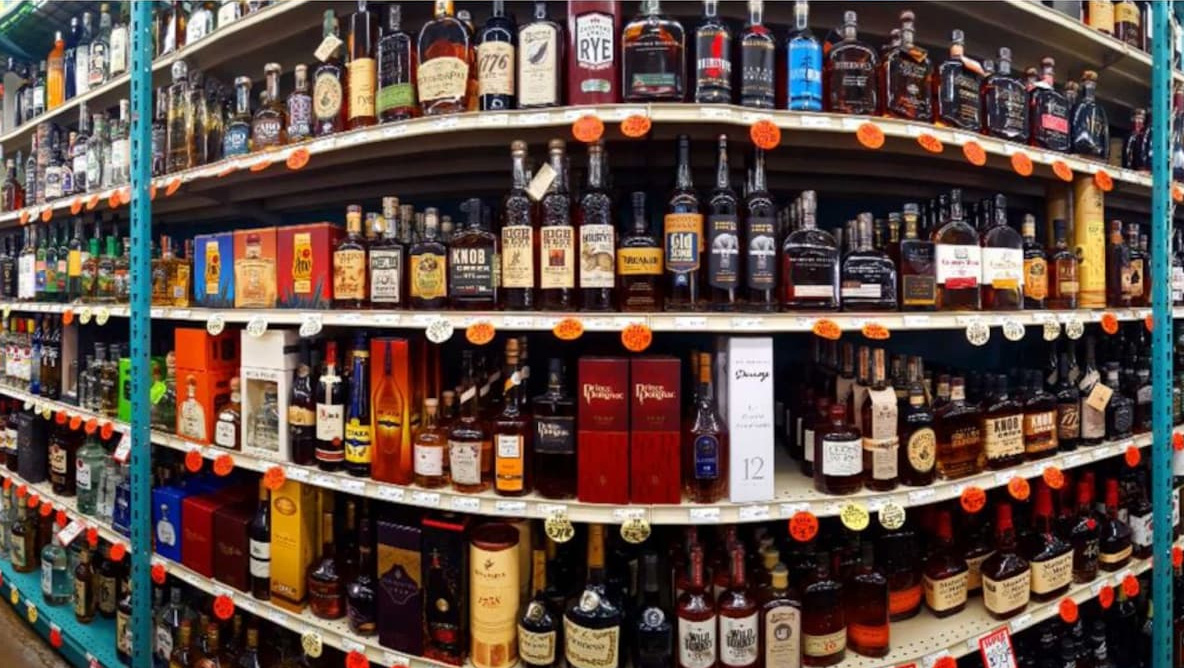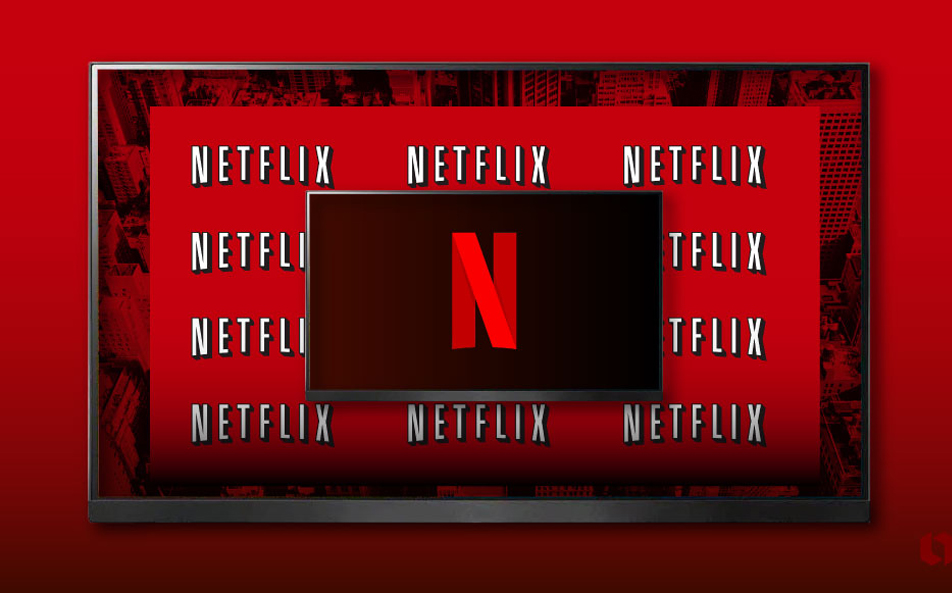
The United Indian

The Delhi liquor scam issue is at the centre of India's political scene and is causing a lot of trouble in the country's capital. Arvind Kejriwal, the Chief Minister of Delhi, is at the centre of it all. He is in a legal mess as accusations fly and probes begin. Looking deeper into the complicated web of accusations and court cases shows how hard it is to run a democracy and keep the law.
Delhi Chief Minister Arvind Kejriwal has been placed under judicial custody till 15th April by the court in relation to the Delhi liquor policy corruption case. The Delhi CM has appealed his arrest and the trial court's detention in a Delhi High Court plea.
With the central elections coming up in a few days, the Chief Minister's recent detention has incited anger. Even nevertheless, ED is looking for the money associated with this purported scheme. Thus yet, they have not discovered anything. It is yet to be seen that how much truth these accusations regarding Delhi Liquor Scam hold on AAP Party.
Delhi Liquor Scam Explained : A Backdrop
According to the ED, the now-cancelled programme gave retailers and wholesalers an absurdly large profit margin of around 185% and 12%, respectively. Of the latter, 6%, or more than ₹ 600 crore, was found to have been paid in bribes. It is said that the funds were utilised to finance the election campaigns in Punjab and Goa. Therefore, the Delhi municipal court received two criminal complaints from the ED against Kejriwal, claiming that he had ignored nine summonses.
The Enforcement Directorate (ED) conducted raids in 40 different locations around the nation on September 6, 2022. According to the officials, Manish Sisodia was listed as an accused in the FIR that the CBI filed, which served as the basis for these raids. Investigations and probes were conducted at the addresses of private citizens and other government officials connected to these accusations for Delhi liquor scam. That day, Vijay Nair, the AAP's chief of communications, was also taken into custody.
The Delhi government officials and alcohol merchants were among the seven defendants named in the chargesheet submitted by the ED in November 2022. K. Kavitha was initially mentioned in a chargesheet on December 15th.
The arrest of Manish Sisodia himself took place on February 26, 2023. There have also been allegations that the programme exempted the business owners from excise taxes to the tune of a staggering 30 crore.
The national government, led by the BJP, has been under fire from the AAP and the opposition for employing agencies such as the ED to hunt opponents and dissidents ahead of the general election. The detention of Mr. Kejriwal under Delhi Liquor Scam has drawn criticism from the AAP, claiming that it was arranged to obstruct his intended campaigning for the party.
A group of ministers headed by the health minister, Satyendra Kumar Jain, and deputy chief minister, Manish Sisodia, was formed in February 2021 to investigate changes to the Delhi excise policy, forming an expert committee. The Delhi Excise Policy (2021–2022) was introduced by Manish Sisodia, the Deputy Chief Minister of Delhi and the person in charge of the Excise ministry. This bill sought to end government involvement in the sale of alcohol and privatise the spirits industry in Delhi.
According to ED, this became the basis for Delhi Liquor Scam. The bill's goal was to increase the excise department's revenue by a significant margin by allowing private businesses to enter the spirits industry. The measure gave private corporations store operation licences in place of the government's previous ownership of liquor outlets. Additionally, it suggested raising the yearly licence price from Rs. 8 lakh to Rs. 75 lakh. Delhi's regions were divided into 32 zones, each of which had eight to ten wards and about 27 outlets. This indicated that there were two to three liquor merchants in each municipal ward.
Following the policy's adoption, a number of complaints surfaced, one of which was sent to the Delhi Police in June 2022 by Chaudhary Anil Kumar, the former president of the Delhi Congress, and claimed that the policy contained a "multi-crore scam." The opposition BJP and Congress fiercely opposed the law, claiming that the government had sold all of the licences for cash and that it had completely turned over the Excise department to private companies and corporate organisations. It is stated that the holders of the liquor licences choose to accept the extensions. The opposition further claimed that merchants received a 30 crore exemption, per their wishes, and that the new policies ran counter to the excise laws. In order to look into the matter of Delhi liquor scam further, both parties have requested involvement from federal agencies. Sisodia went on to say, "The new policy, which even the governor had accepted, called for the opening of 849 new stores, including in unapproved areas.
Current Updates on Delhi Liquor Scam
The Aam Aadmi Party (AAP) head was accused by the ED of being the "kingpin of the liquor policy scam" and a "key conspirator" who had committed money laundering. The ED filed its affidavit in response to his plea on April 2.
Arvind Kejriwal also forfeited his right to contest his arrest, according to the plea, by not objecting to imprisonment in front of the trial court. The central agency further stated that the main recipient of the illegal earnings from this Delhi liquor scam is AAP Party.
"Part of the proceeds of crime to the tune of cash of Rs 45 crore approx has been utilised in the election campaign of AAP in Goa Assembly elections 2022," claimed the Enforcement Directorate. The AAP allegedly used Kejriwal to carry out money laundering, according to the ED. Additionally, the central agency claimed that the AAP got paid kickbacks for swaying the accused's liquor policy under Arvind Kejriwal's direction. Additionally, the central agency said that bribe money from the Delhi Jal Board case was also transferred to the AAP's election finance accounts.
Just about Rs 14 crore of the Rs 24 crore that DJB was paid went towards the contract work; the rest of the money was either syphoned off or used for bribery. An amount of Rs 2. crore was transferred to other Delhi Jal Board officials and the Aam Aadmi Party as election funding after Jagdish Kumar Arora took a bribe of Rs 3.19 crore, according to the ED.
Conclusion
The complicated relationship between politics and law enforcement is shown by the ongoing court processes surrounding Chief Minister Arvind Kejriwal's Delhi liquor scam case. It is essential that the proper procedures are followed in order to discover the truth behind these claims, as accusations keep surfacing and investigations keep going.
Transparency, responsibility, and the impartial administration of justice are essential in a democratic society. In order to ensure that justice is done and the integrity of the democratic system is maintained, it is crucial that all parties concerned work completely with the legal system.
As time goes on, it is envisaged that these legal proceedings will clarify the accusations on this Delhi liquor scam case and serve as a reminder of how crucial moral leadership and the laws are for a healthy democracy.
Read more in Recent Events
Jul 09, 2025
TUI Staff
Jul 03, 2025
TUI Staff
Jul 03, 2025
TUI Staff
Jun 29, 2025
TUI Staff

Stay Tuned with The United Indian!
Our news blog is dedicated to sharing valuable and pertinent content for Indian citizens. Our blog news covering a wide range of categories including technology, environment, government & economy ensures that you stay informed about the topics that matter most. Follow The United Indian to never miss out on the latest trending news in India.
©The United Indian 2024

